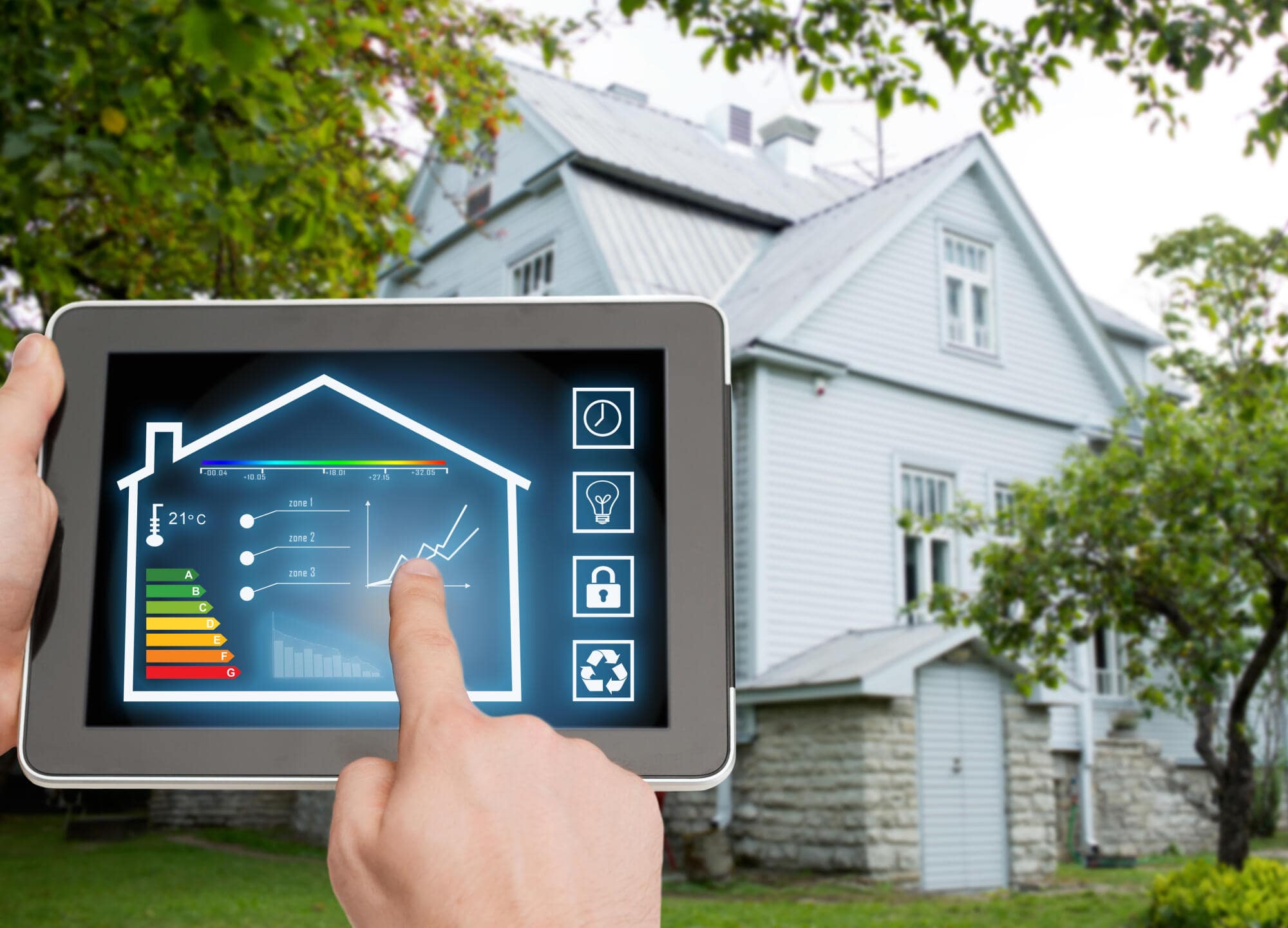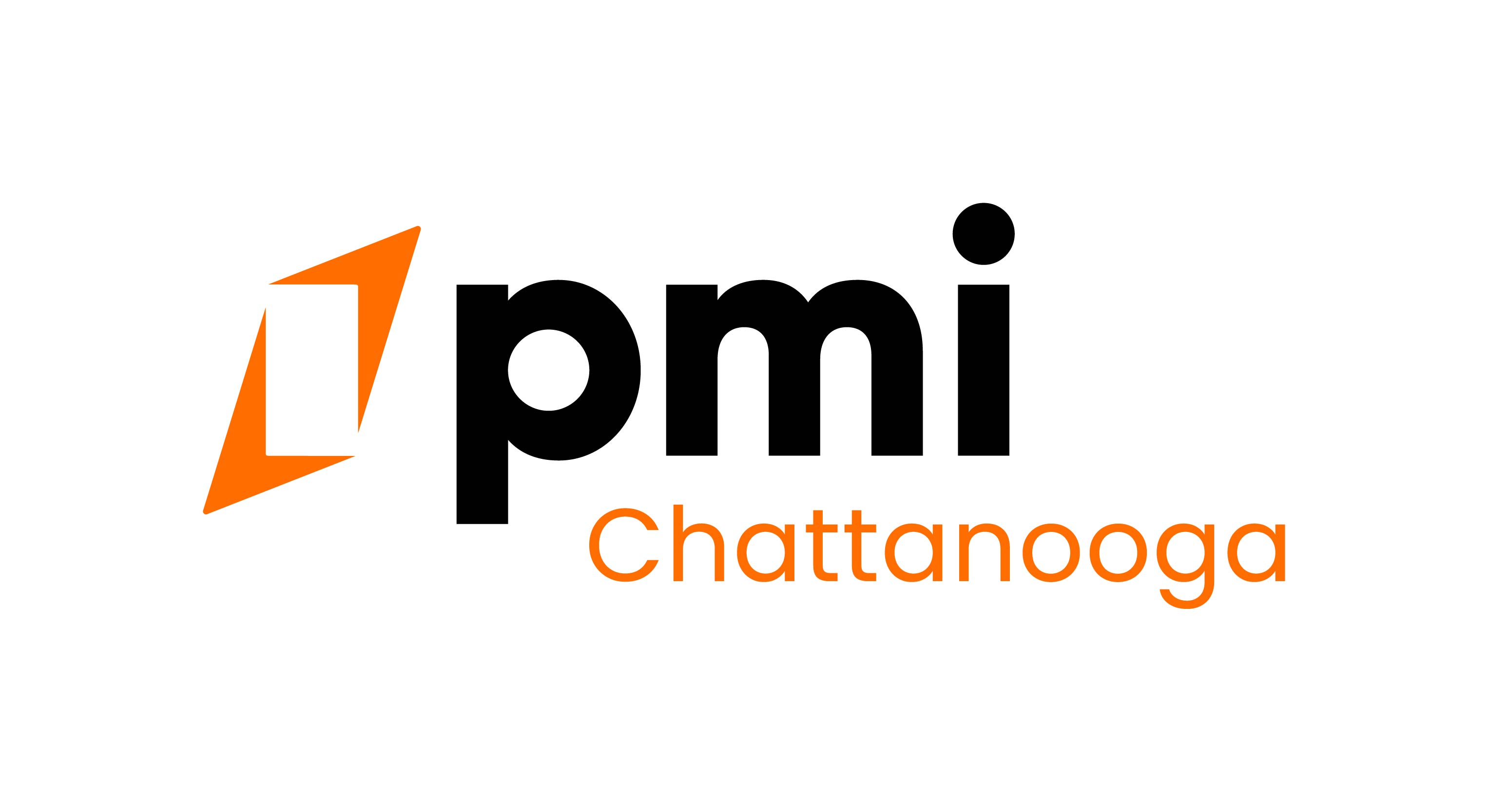Handing over one of your most valuable assets to someone you barely know is a risk you take as a property owner. The fact of the matter is that no matter how trustworthy a tenant looks on paper, you're still taking a chance on your investment by renting your property to them.
As a property owner, the onus is on you to ensure they are looking after your property - up to your standards. The only way to ensure this is with regular rental property inspections.
If you're a landlord in Tennessee, here's how often to perform property inspections.
Property Inspection: How Often is Too Often?
It's not uncommon for new landlords to assume they have access to their property whenever they please. However, this is not legally permitted.
Local regulations limit the frequency with which you can inspect a property, as well as the notice you have to give your tenants before an inspection. However, in Tennessee, you don't have to give your tenants notice, although it is best practice for maintaining a healthy relationship with your tenants.
If you want to inspect the property before the move-out inspection date, you must give your tenants 30 days' notice. Generally, 24-hours. In short, you can inspect a rental property as often as you see fit, but it depends on the type of tenant you have, your relationship with them, and local state laws.
Types of Inspections
Two of the most common inspections include move-in and move-out inspections. These are super important as a landlord to help you assess the damage caused by a tenant and what needs fixing before new tenants move in.
These inspections take place on the move-in and move-out dates stipulated in your lease agreement. But if you want to conduct an inspection before the move-out date, you must give 30 days' notice to your tenant.
Intermittent safety inspections are also recommended for landlords. This allows you to check smoke alarms, fire alarms, fire extinguishers, and heating and cooling systems. Typically, these should take place bi-annually.
Finally, there are general or routine inspections that allow you to assess the state of property maintenance. It's important to specify when these inspections will take place in the lease - whether they're yearly, quarterly, or seasonally. The timeframe is up to you and the relationship you have with the tenant.
Purpose of Entry
This is what governs the frequency of inspecting a rental property. In other words, why do you need to enter the property as a landlord?
It depends on what you've agreed upon with your tenant and what you've stipulated in the tenancy agreement. If they agree upon seasonal inspections, this means you can enter your property up to four times per year.
As a landlord, you also have the opportunity for drive-by inspections. As the name suggests, you can take a drive past your property to check on the overall appearance from the outside. However, beware of conducting these too often as it can become an invasion of privacy for your tenant.
Need Help with Rental Property Inspections?
Rental property inspections are vital to smart property management while maintaining the integrity of your biggest asset. It's important to make it a priority, but not step on anyone's toes in the process.
If you need assistance with rental property inspections, maintenance, or tenant screening, PMI Property Management is your go-to.


